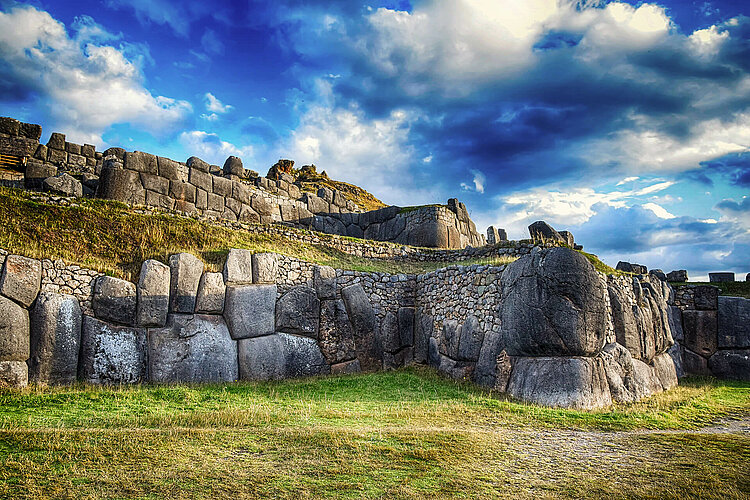Acropolis of Athens
The name "Acropolis" means "high city" and referred to many Greek city fortresses. The most famous, however, is the Acropolis of Athens. It is located on a hill in the center of the Greek capital and was built in the Golden Age of Athens between 447 and 406 BC after the victory in the Greco-Persian Wars on the initiative of the influential statesman Pericles. He commissioned the architects Ictinus, Callicrates and Mnesikles to design the temples, while the sculptor Phidias created the statues. Some of the ruins of the original temples destroyed by the Persians have been preserved as memorials to the war.
UNESCO World Heritage Site
The Acropolis has been a UNESCO World Heritage Site since 1987. Decisive factors for the inscription were the architectural achievement and its influence on Greco-Roman antiquity, the structural integration of the natural environment, the association with the democracy that emerged at the time and the religious significance.
Major sites
Its most important buildings are the Parthenon, the Propylaea, the Erechtheion and the Temple of Athena Nike. The Parthenon, the main temple, was dedicated to the goddess Athena in gratitude for the victory over the Persians. She is the goddess of wisdom, warfare and handicraft, and the patroness of Athens. The Parthenon also served as the treasury of the Delian League.
Facts
- Location: Athens, Attica
- Other name: Cecropia
- Built: 447 – 406 BC
- Planned by: Pericles
- Major sites: Parthenon, Propylaea, Erechtheion, Temple of Athena Nike
- UNESCO World Heritage Site: Acropolis, Athens (1987)
Acropolis of Athens Folding Card
The Acropolis is one of Athens' most famous landmarks and is therefore also featured on several Greek banknotes and coins. This folding card contains a 1,000 Drachmas note from 1939 and a 20 Drachmas coin, which was minted from 1982 to 1988.
1,000 Drachmas
Obverse: Woman in traditional dress
Reverse: Athena, goddess of wisdom, handicraft and warfare, Parthenon on the Acropolis of Athens
| Dimensions: 173 x 86 mm (6.81 x 3.39 in) Material: Paper |
20 Drachmas
Obverse: Temple of Athena Nike on the Acropolis of Athens
Reverse: Pericles (c. 495-429 BC), Athenian politician and general who initiated the construction of the Acropolis
| Weight: 11.00 g (0.02 lb) Diameter: 29.00 mm (1.14 in) Material: Copper-nickel |














